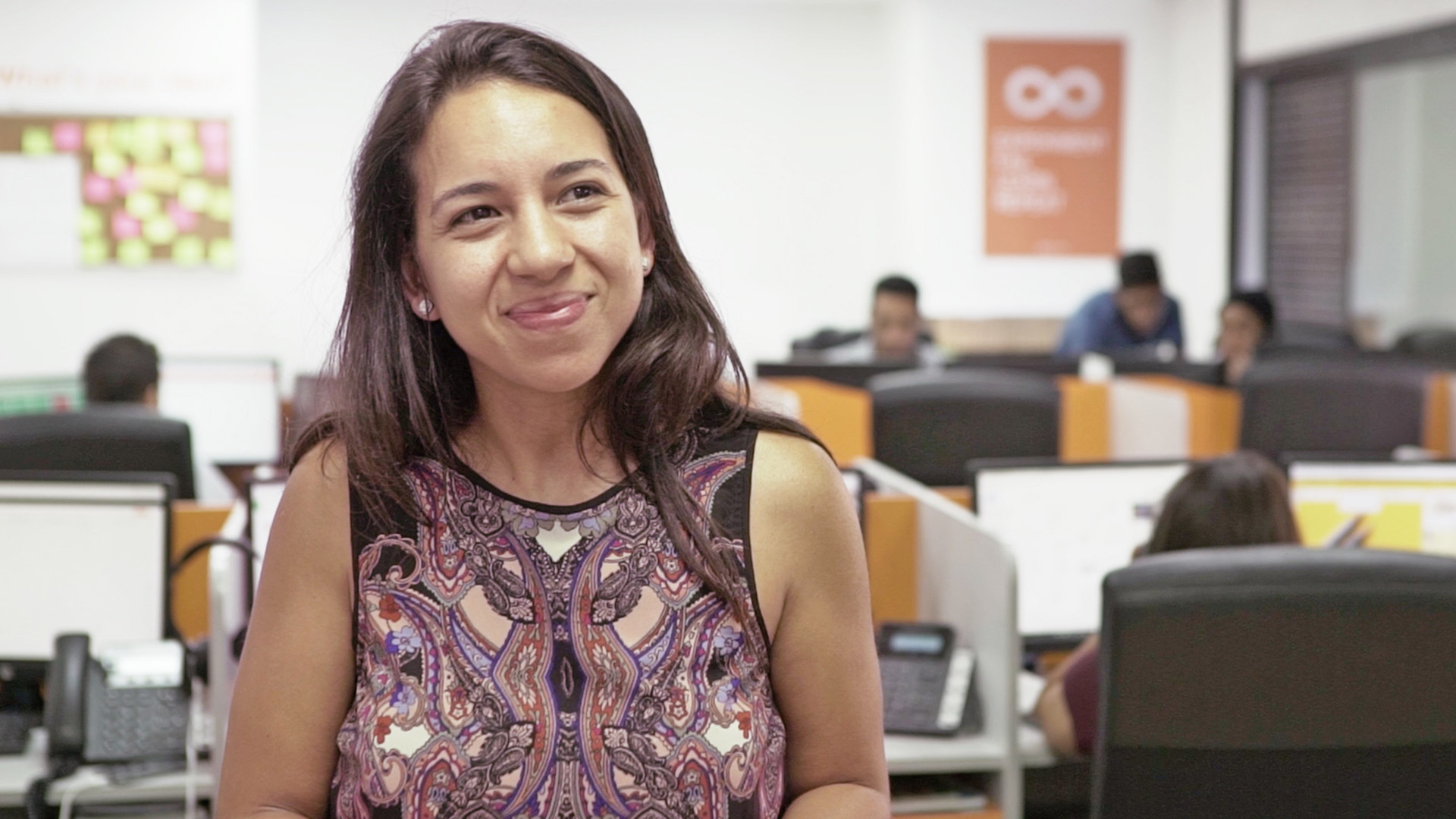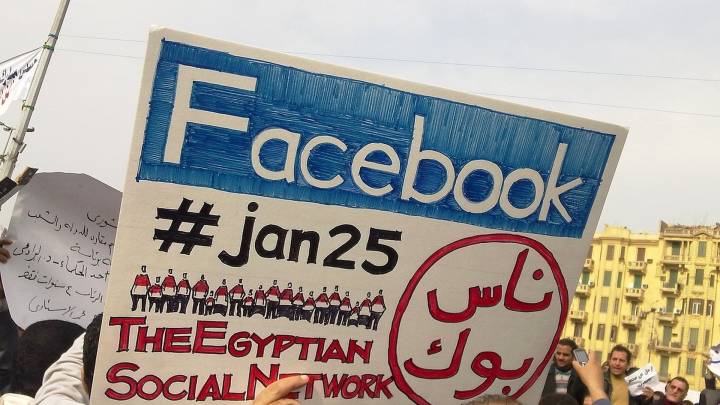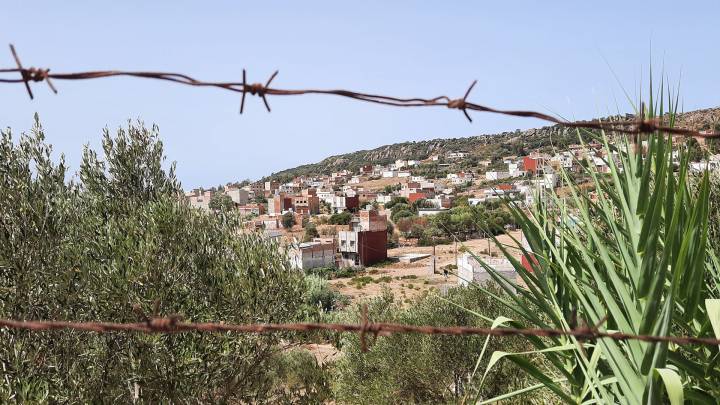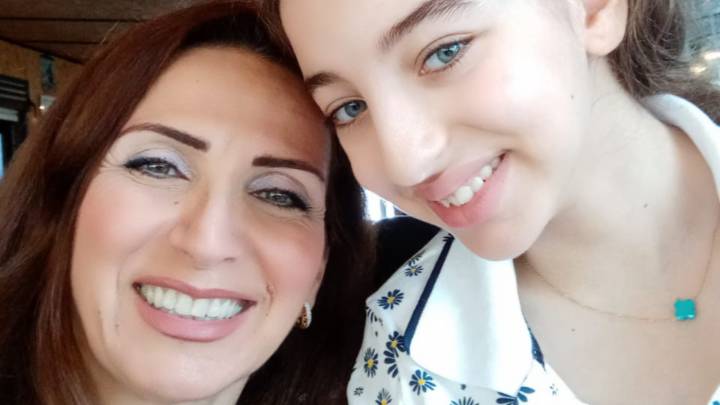Rather than the lucrative markets of Europe, it is the fast-growing markets of West Africa that beckon for tech entrepreneurs in Morocco.
For tech startups across the Middle East and North Africa (MENA) region, one of the burning questions is often ‘What is my market?’
With the exception of Egypt, individual economies are too small to allow startups to fully scale, and entrepreneurs in hubs such as Beirut and Dubai are always looking for entry points into new markets like Saudi Arabia, or further afield to Southeast Asia.
Ambitious tech entrepreneurs in Morocco face a similar quandary. But here in Casablanca, the country’s financial powerhouse, many are looking south to fast-growing markets across Africa. One such startup is WaystoCap, a trading platform for importers and exporters that sells goods as diverse as tomato paste, honey, jeans, nappies, cement and timber.
Inspiration came when CEO and founder Niama El Bassunie visited Guinea for a cement deal in 2015. Planning to stay just four days, the trip lasted eight months as she worked on a recycling project. It was a revelation: “That trip really changed my life and my perspective of trading in Africa, the opportunities that we could open up in West Africa.”
The company hopes to help grow intra-African trade – currently just 11 per cent of trade on the continent – and help African exporters tap lucrative markets in Europe with products such as shea butter and cocoa powder. “The idea is to help these companies move along the value chain, so they’re not just exporters of raw materials and they start transforming goods themselves. That’s where we’ll have socio-economic impact,” says El Bassunie.
First you do your proof of concept here, then you can expand to Africa.
WaystoCap has a stamp of approval from international investors, raising $3m in seed capital early this year after a three-month stay at Y-Combinator in San Francisco – a notable success in Morocco’s nascent tech ecosystem. The plan is for El Bassunie and her team to spread their presence, including into East Africa, and she is bullish about the future: “The markets are all growing, because generally there is so much consumer growth in Africa.”
Going international
The people behind WaystoCap are innovators, but in their geographic focus they are not alone. “Morocco itself is a small market, and if you’re looking for growth you have to go international,” explains Nawfal Fassi-Fihri, Directeur Général of Endeavor Morocco, an organisation that provides support for entrepreneurs. “French-speaking markets in Africa are a new market for Moroccan startups. First you do your proof of concept here, then you can expand to Africa.”
Even then, Moroccan tech players are following traditional businesses – real estate, finance, insurance –that have been making inroads into markets across Africa for years. This in turn is helping to open doors for newer players, says Fassi-Fihri. Moroccan entrepreneurs have advantages – a common language, good air connections, good reputations – and the country’s king, Mohammed VI, has tried to positioned the country as the gateway to Africa. Their willingness to take on the risks associated with some markets is another factor – many European and American firms are wary about doing business in countries where rule of law can be shaky.
Getting banked
The banking sector has grown quickly in many markets across Africa, which is good news for PayLogic, a Casablanca-based tech company that provides payment processing software to banks. Since contracts with banks are normally long-term, it’s harder for them to win new business in slow-growing, mature markets such as Morocco. Senegal and Cameroon have proven more lucrative. “Banking penetration [in Africa] is still very low. More banks are coming to the market and more and more people are getting banked,” says Mohamed Merkour, PayLogic’s director.
Founded in 2006 by Aissa Slimani, its Directeur Général, the company is far past its startup days, with millions of dollars in annual revenue, investment from a private equity house and plans to take the business public on the Casablanca exchange within five years. The business is at an inflexion point – to grow it has to either acquire new companies, or be acquired. At the same time, while some economies in Sub-Saharan Africa have experienced weak growth due to the commodities slump, Merkour says they're still in a good position. "Given the fact that the banking rate is very low, given the fact that banks in general have the financial means to set up and improve their infrastructure, we don't feel the impact and the stress too much."
E-payment, mobile wallets and other Fintech products are quickly being adopted in many countries in Africa, and transforming those economies is another opportunity. Technology is rapidly advancing, and the onus is on PayLogic to innovate and bring new ideas to the market, says Slimani. “It really is an evolving market.”
Green shoots
While Morocco’s tech scene lags behind other MENA economies, the last five years have witnessed an acceleration in activity, including the appearance of support organisations providing mentorship, expertise and access to capital.
One new player is Casablanca-based VC fund Outlierz, which launched this year and plans to invest at seed and Series A stage in startups across the African continent; the fund raised its funds from angel investors in the US, the African diaspora, and in Africa says its founder and managing director Kenza Lahlou. Given the newness of the sector, Lahlou says her investors are prepared to be patient. “Since the market and the ecosystem is not mature enough, the exit strategies are still to be built. It has to be both smart capital and patient capital.”
But one thing still lacking is positive examples of entrepreneurship, believes El Bassunie. “It is success stories that really inspire entrepreneurs and allow talent to create companies rather than find corporate jobs.”
Since the success of WaystoCap in raising capital, El Bassunie has had entrepreneurs approach her to ask for help. One piece of advice she readily passes on is to look south rather than north.
“I find Africa as a continent a very exciting market. There are so many changing trends, and there’s a lot of greenfield opportunities that people can explore. Being a tech-enabled business, you can remove fragmentation, increase efficiency and actually resolve real pain points – that is very exciting for me.”






